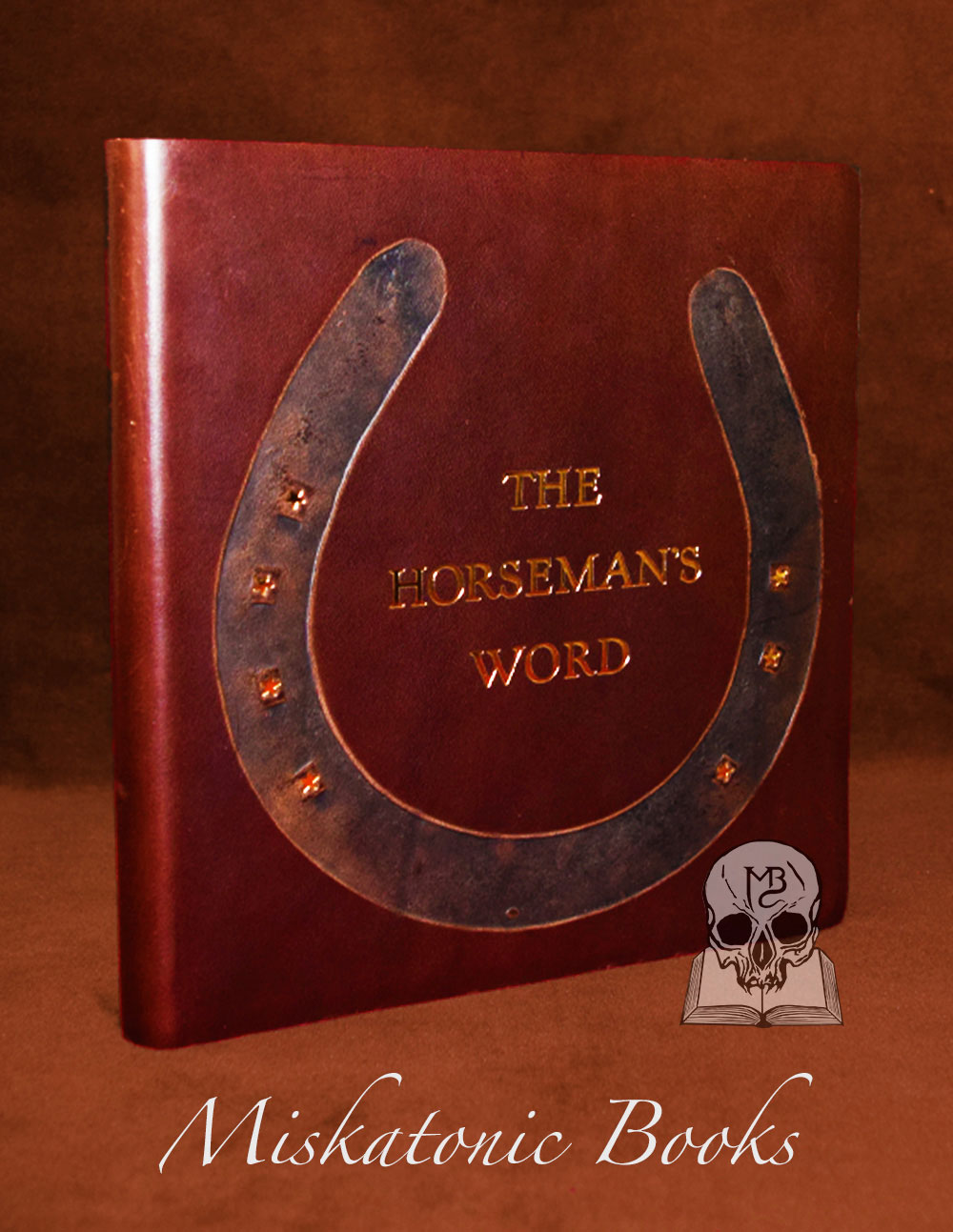- Joined
- Jul 3, 2023
- Messages
- 4,394
- Reaction score
- 20,190
- Awards
- 15

This clandestine esoteric society flourished amongst ploughmen in Scotland from the end of the 18th Century until the early 20th. Its members were believed to have supernatural control over horses, and also women and were also associated with witchcraft. This book takes the reader on a journey into the mysteries of the brotherhood. First context is provided. Forget notions of dour Victorian morality. We learn from the disapproving pen of the one Scottish ploughman who left a substantial written record that his work mates drank hard, played hard and chased women. A ranting, hostile exposure is reproduced which is actually really instructive, providing what appears to be a 17th Century version of the ritual, very different from the full version. Then follows some surprisingly informative newspaper accounts written by members, an early (ranting but useful) exposure, an eyewitness account, relevant folksongs sung by the ploughmen and then the ceremony and lore of the Society.
The ceremony, which has never been previously published, is a surprise, as are the teachings of the Society. The ritual shows a transformation of freemasonry to the nature of ploughing with horses. The legend of Solomon’s temple is replaced with references to Hercules and other figures from Greek mythology as well as Gabriel, Lucifer and Old Nick, the classical references sometimes being very well informed. Also incorporated are folk traditions about the domestication of horses. It could be an extreme experience, being very rough, physically arduous and potentially very scary, involving an encounter with the Devil and mock execution. In the earliest form of the ritual Adam, after the fall, is given as the originator of ploughing, an important gives Cain and in the secret rituals and teachings it is Tubal Cain who, it is said, was the first horseman though he, we are told, was instructed by a woman! An appendices explores the nature and significance of Tubal Cain and his relevance to ploughmen, finding expressions of rebellion against the status quo. Whilst one comes to understand why the horseman’s word was associated with control of horses and power over women, true mysteries emerge.
Buy (out of stock):
